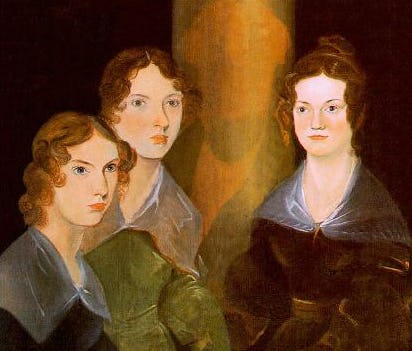Poor little Hercaloo broke his tail feathers. We had to go to the vet and have them removed. It was not a pleasant experience. They had to pull them out which is like having your hairs plucked out of your head. Hercaloo did not suffer in silence. She kept (we think it's a "she" now) up a constant scream that had my ears ringing until we got back home.
I was afraid she wasn't going to forgive me, but she's just as affectionate as ever, even if she does look like she's been run over by a lawn mower.
 Papa Hemingway by A.E. Hotchner
Papa Hemingway by A.E. HotchnerMy rating: 4 of 5 stars
A.E. Hotchner started out as a young journalist who was assigned to interview Ernest Hemingway. He didn't want to do it. He felt he was much too unimportant a person to be bothering the great writer. Flying down to Cuba where Hemingway was currently living he sent him a note explaining his situation and also that he understood that Hemingway probably didn't have time for him.
What he received was a phone call from "Papa" himself inviting him to a restaurant for dinner and drinks. Thus began a fourteen year friendship between the two men, ending only with Heminway's death. It does not include anything that happened before Hotchner knew him and only includes personal transactions between the two authors.
Hotchner quotes a lot of the conversations verbatim. Hemingway apparently did not talk in complete sentences. This may give an authentic feel to the story but it makes for rather stilted reading. I'd rather he had paraphrased.
Having read Carlos Baker's unflattering biography about Hemingway it was interesting to compare the two. Because Baker in his biography calls Hotchner's biography unrealistic and fawning, I was prepared to read a biography that was biased.
Maybe it was, but I felt that Hotchner was fairly honest about Hemingway's foibles, even if he did leave out or soften some facts that would make Hemingway a less sympathetic character. Mostly it is the story about a man the author obviously has great affection and esteem for. For whatever reason, Hemingway, at least from Hotchner's telling, took a liking to him and did not treat him in the shabby way he treated a lot of people.
Even so, I still don't find Hemingway to be all that nice of a person in Hotchner's biography. Most of it is centered around Hemingway telling Hotchner what sound like tall tales, but even if they're not, they are still rather boorish renditions of what a tough guy he was. ("There I was in WWII, beating up the enemy single handedly...")
The story travels along from Cuba to Spain to Africa, back to Cuba and also the U.S. a few times. Each place Hemingway lived was defined by how he conquered powerful animals . In Spain, he is obsessed with the bullfights. Hemingway never was a bullfighter but he became close friends with bullfighters and seemed to live vicariously through them.
In Cuba he fished Marlin from his boat the Pilar. In Idaho he hunted bears and in Africa he hunted all sorts of big animals. I don't understand the psyche that pushed Hemingway to be such an avid big game hunter. He also enjoyed destroying people, although that does not come into this biography. What drove him to do it? Where did this cruel streak come from? Hotchner does not answer these questions. Baker's biography provides more clues.
Hotchner doesn't answer perhaps because he didn't see it. Or maybe hooking on to Hemingway helped promote his own career. Certainly writing a biography about a famous writer you were personal friends with guaranteed getting known.
Throughout the book Hotchner refers to Hemingway as "Papa". I wonder how the moniker started. It comes across as a little contrived and denotes a kindly, gentleness that was not a part of Hemingway's character.
But perhaps he was a "papa" to some people. Hotchner seemed to view him so and so did others. Who Hemingway showed that side to appears random.
The last part of the biography describes Hemingway's mental deterioration. Other biographies describe Hemingway's mental illness, but Hotchner gives a first hand account, allowing for a more accurate diagnosis. This book was published in the sixties so different names were used but I think that "paranoid schizophrenia" is how it would be described today. Hemingway became convinced that the FBI was out to get him, that they had bugged all his phones, and if any friend disagreed they had been "bought" and crossed over to "their side".
Hemingway was admitted into a mental hospital at different times towards the end of his life and according to Hotchner was released against Hemingway's wife and also Hotchner's advice. In the end Hemingway was able to divert everyone long enough to pull the trigger. Hotchner wrote this biography soon after Hemingway's death.
In conclusion, if you are a Hemingway fan, this is a good biography to include in your library. It is written with the warm affection of someone who knew Hemingway personally and carried on a close relationship with him in his old age, when he had once again invented himself, this time as "Papa Hemingway".
View all my reviews
For a video tour of Hemingway's house "Finca La Vigia" in Cuba, click on the link below:
http://www.hemingwaycuba.com/finca-la-vigia.html





















